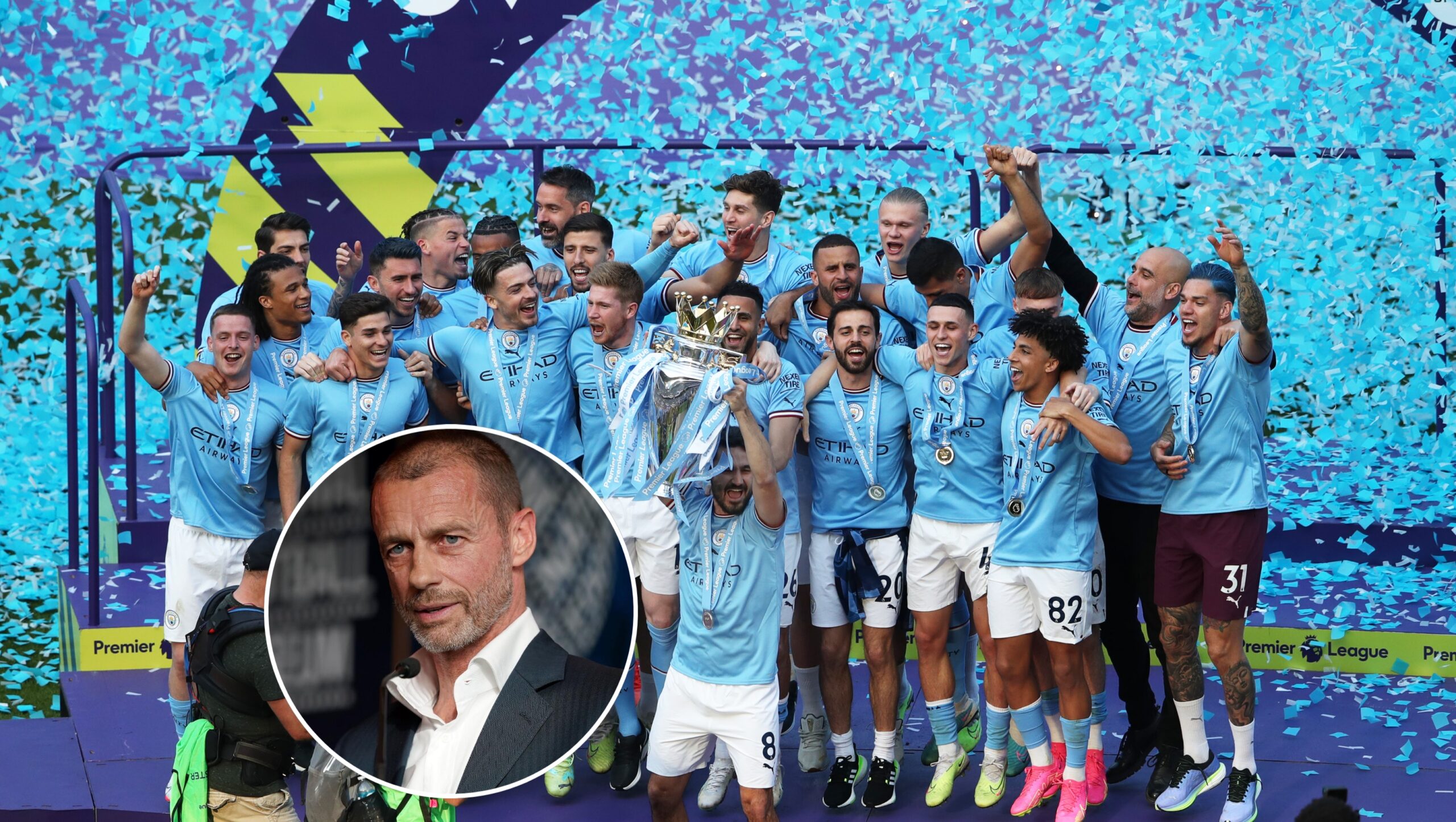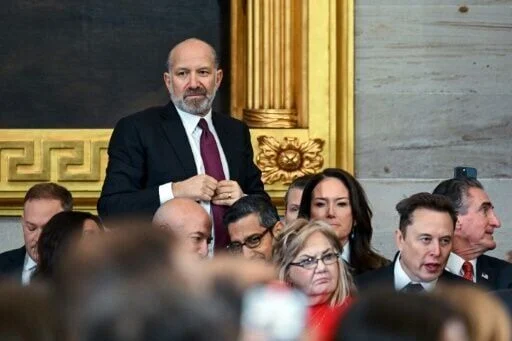Reading Time: < 1 minute
In February 2020, UEFA’s Club Financial Control Body (CFCB) imposed a two-year suspension on Manchester City, citing breaches of financial regulations. However, the Court of Arbitration for Sport (CAS) overturned this sanction in July of the same year, reducing the club’s fine for non-cooperation to 10 million euros (£8.6 million) and finding some alleged breaches “not established” while others were time-barred.
Despite the CAS ruling, UEFA President Aleksander Ceferin reaffirmed in an interview with Britain’s Daily Telegraph that UEFA’s decision to ban City was “right.” Ceferin, a former trial lawyer, expressed confidence in the body’s judgment, emphasizing the importance of respecting court decisions.
The case in England alluded to by Ceferin pertains to the Premier League’s referral of City to an independent commission for over 100 alleged breaches of financial rules. The club, backed by Abu Dhabi, responded by expressing anticipation to present “irrefutable evidence” against the charges.
While City, led by manager Pep Guardiola, achieved a triumphant treble last season, securing the Premier League, FA Cup, and Champions League titles, concerns linger regarding the unresolved allegations of financial fair play rule violations, casting a cloud over their on-field success.
Premier League chief executive Richard Masters recently informed a parliamentary committee that a date had been set for the commission hearing, without specifying when it would take place. Masters defended the time taken for the City case, citing its distinct “volume and character” compared to other cases involving Everton and Nottingham Forest.
The specter of financial fair play allegations continues to shadow Manchester City’s achievements, highlighting the ongoing scrutiny and legal processes surrounding the club’s financial practices.




